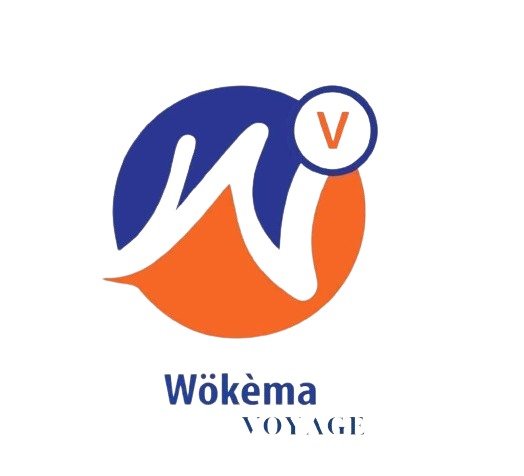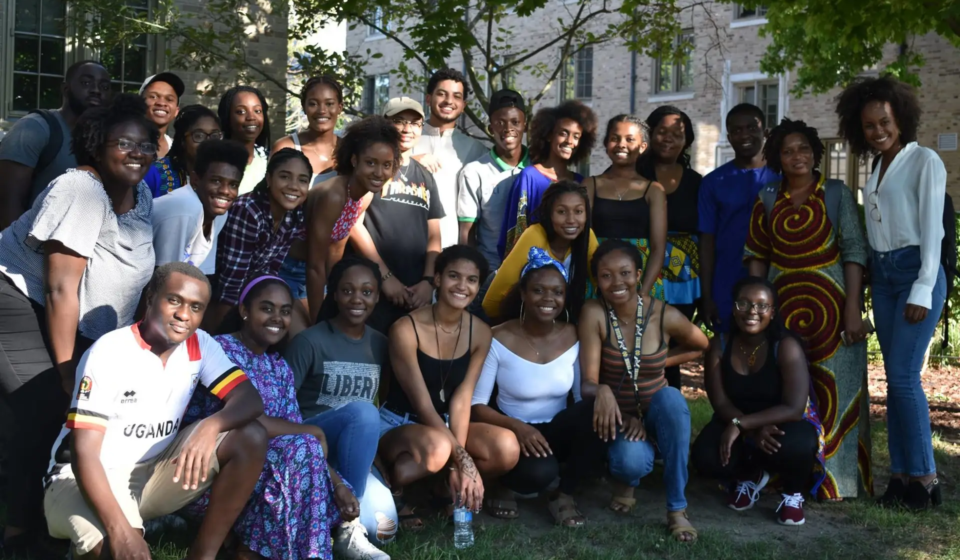The newly released 2023 Global Student Satisfaction Awards (GSSA) report provides fascinating insights into the experiences of students from over 200 nationalities at 3,661 institutions, including South Africa, Nigeria, and Egypt.
According to the report, South Africa achieved an impressive overall student satisfaction score of 3.98, a remarkable feat that outpaces the global average of 4.21.
Furthermore, South African institutions also demonstrated excellence in enriching student life, scoring above the global average of 4.33. This achievement firmly places South Africa in the vanguard of education in Africa.
In addition, South African universities excelled in the online classroom experience category, scoring 3.96, outperforming the global mean of 3.86. Students who participated in the survey praised the country’s remote and online degree programs, emphasising the support provided by WhatsApp study groups and the proactive involvement of lecturers. University of Johannesburg
Nigeria received a lower overall satisfaction score of 3.77, falling short of the global average due to voiced concerns about the frequent and extended lecturer strikes, alongside the quality of teaching and available facilities. Those in South Africa who responded cited crime as their main challenge. These concerns contributed to a low score of 3.45 for Nigeria in quality of student life against a global average of 4.33.
“There are never-ending strikes, outdated curricula, and a persistent lack of adequate teaching facilities. Although my university is ranked as one of the best institutions of higher learning in the country, the teaching methods employed by the lecturers still have a long way to go,” one Nigerian student participant said in the report.







